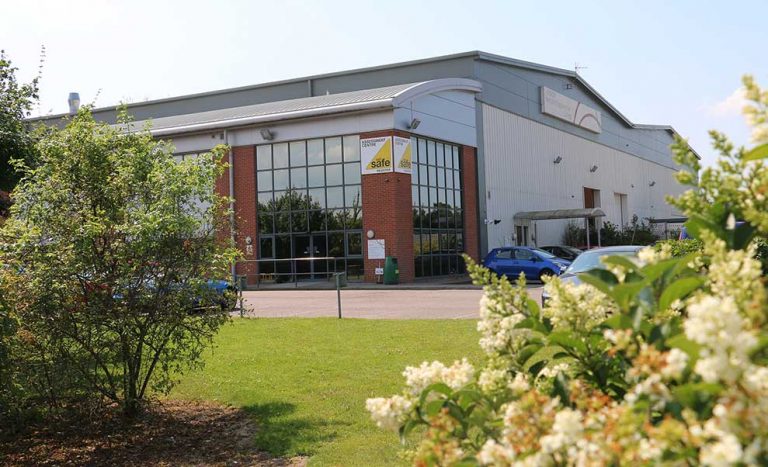Outsourcing has become the new buzzword in business. These services come with a range of benefits to businesses big and small, and it is about more than the bottom line too. The benefits outsourcing elements of your business can bring to your balance sheet are obvious, but outsourcing has much more to offer besides better profit and loss statements. Here are just a few of the many ways switching to outsourcing can benefit your company and help you to grow your business.
Access To Premium Services
Small to medium-sized businesses used to struggle to compete with the more prominent brands and names in their industry. They did not have access to the same resources and services as their larger competitors, which would affect their bottom line and their ability to retain clients. Thanks to outsourcing, this has changed. Now, even start-ups can have access to premium services without having to absorb the expense of an in-house team.
Translation services are the perfect example of this. Translators are high-skilled workers who can command a lot of compensation if you are hiring for an in-house translator. Outsourcing this task is much more cost-effective. Take a look at
Rosetta Translation’s website. Their translation services provide suitable London based options and can save any business a considerable amount of money while supplying high-quality translations for legal, medical, technical and marketing documents. This gives businesses access to a premium quality resource without having to cover the costs of a full-time translator or translation department.
Outsourcing Buys Time
When you begin to use outsourcing services for your business, you will have more time to concentrate on what matters. Growing your business and finding new clients to expand your customer base should always be the focus of a manager or owner, but handling the day-to-day demands can get in the way. By outsourcing, you give yourself more time to look at the bigger picture and focus on developing your business and expanding its reach.
Outsourced services can grow with you. This makes planning for the future easier, as you know you can service more clients and expand your customer base without a drop in the quality of the products or services that you offer your existing consumers. Many businesses can struggle to expand to handle an increase in demand. With outsourcing, you have a team ready and waiting to take on an increase in workload. The costs are scalable too, making it easier to budget for growth.
Outsourcing Gives You An Advantage
Every industry is competitive. Even if your business serves a niche, there will still be other companies out there challenging you for market share and trying to grow themselves at the expense of your business. Using outsourcing for many different elements of your business gives you an advantage in a competitive marketplace. You have resources that you can tap into quickly that other companies may only dream of. This allows you to move forward confidently, offering a standard of service that your competitors cannot.
Having the edge over the competition is key to growth.
Outsourcing allows you to expand your market share and take on new business without slowing down your momentum or suffering from bottlenecks in production or administration. This makes your business more flexible and adaptive, while your competitors are stuck and unable to accommodate demand increases. When you are challenging for new customers and a greater share of the market, your outsource allies have your back and will be there to help facilitate your expansion. They grow as you grow.
Cut Down On Hardware Investment
One of the biggest drains on any business balance sheet is buying and servicing equipment. Maintenance costs can be prohibitive, not just from the price of the infrastructure itself but also the manpower needed to monitor and maintain it. By switching to an outsourcing service, you remove these costs from your balance sheet for good, freeing up funds that you can invest in areas that get you a better return. This can be incredibly beneficial in Information Technology services, for example.
New computers, devices, and IT infrastructure like servers can all be very expensive to buy or rent. For a startup or small business, you may not have the money required to make these purchases and maintain the equipment that can prevent your company from growing and succeeding. Outsourcing your IT services is a great way to save money, improve the level of service you offer, and grow your business. The benefits outsourced IT offers should not be underestimated or go overlooked by businesses. This is a great way to boost your balance sheet while improving standards of service.
Reduce Costs Across The Board
The balance sheet can make or break a business. Even if you operate a successful company, a high level of regular outgoings can cause problems. Lots of profits mean little if you have a lot of losses to absorb. Switching to outsourced services can make some
huge reductions in labour costs, as well as the expense of many consumable items. It also saves time, which is as valuable as money in any business.
Outsourcing can be addictive to businesses for this reason. The money saved can have a massive positive impact on your balance sheet, and give you more capital to invest in expansion or the research and development of new products and services. Getting better value for money from your business offers your customers and clients more value too. This is the best way to attract new business and retain your customer base. Saving money across the board on a variety of regular outgoings gives you the room you need to undercut the competition and offer the same high quality for less.
These are just some of the many advantages outsourcing offers a business. By making the switch soon, you can begin to focus on growing and expanding your business and take on new clients and customers with confidence. Start looking for ways to save money and improve the quality of service your business offers by finding opportunities to outsource today.












